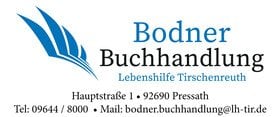Since the last quarter of the 19th century, dozens of religious congregations have made their homes in Cleveland Heights. They have been Presbyterian, United Methodist, Evangelical, Roman Catholic, Jewish (Conservative, Orthodox, and Egalitarian\traditional), Unitarian Universalist, Greek Orthodox, Baptist, Disciples of Christ, Church of Christ, Lutheran, Christian Science, Episcopalian, African Methodist Episcopal, and Congregational and now also include a wide array of community and nondenominational churches. Sponsored by established congregations, encouraged by real estate developers and public officials, and usually welcomed by residents, churches, synagogues, and temples have fostered the suburb's growth, sometimes maintaining and sometimes changing Cleveland Heights neighborhoods. Their houses of worship, ranging from modest renovated storefronts to stately cathedrals, have enriched the city's landscape; their religious pluralism has nurtured ethnic, economic, and racial diversity, as well as controversy and conflict; their calls to action have sometimes aroused the community's conscience. Religious congregations, in short, have helped to sustain the vitality of Cleveland Heights.
Marian J. Morton is professor emeritus of history at John Carroll University and the author of many articles and books on Cleveland history, including three other Arcadia titles: Cleveland Heights, Cleveland's Lake View Cemetery, and Cleveland Heights: The Making of an Urban Suburb.
 Und dann auf "Zum Home-Bildschirm [+]".
Und dann auf "Zum Home-Bildschirm [+]".


